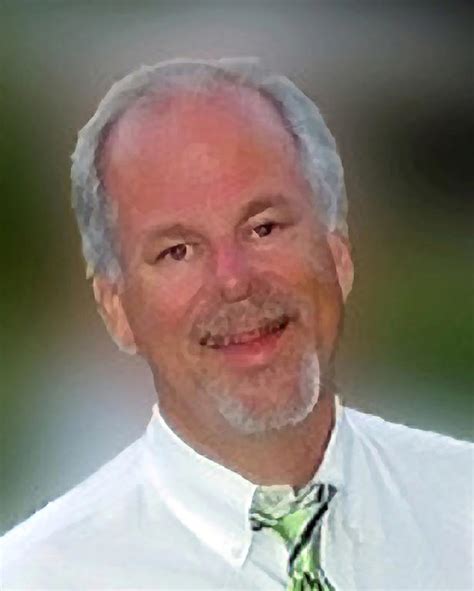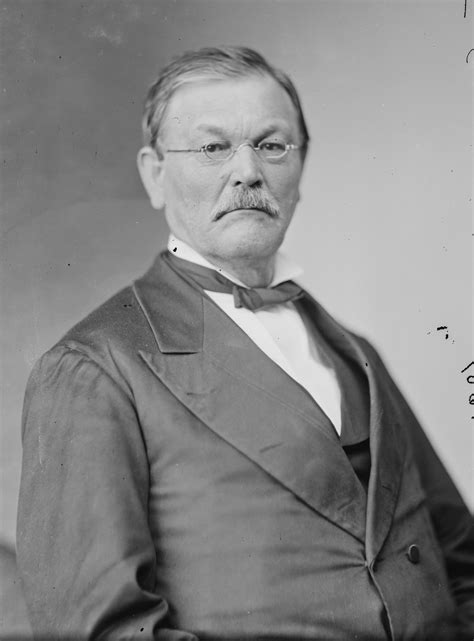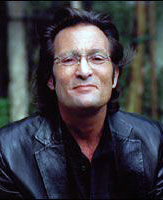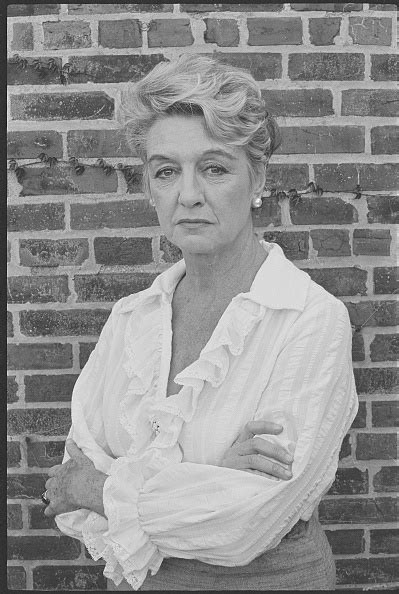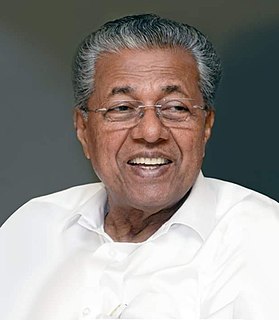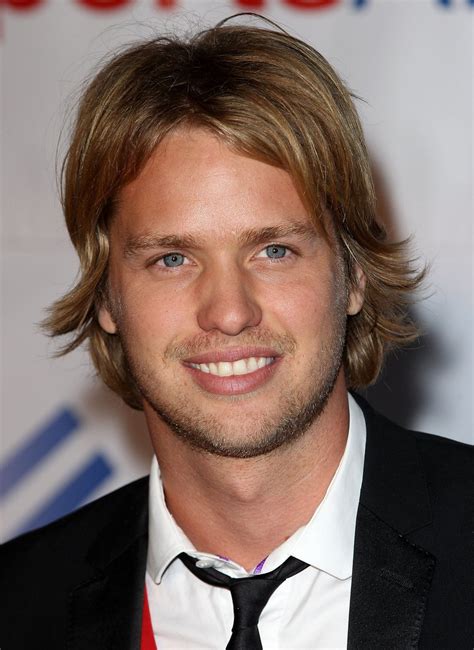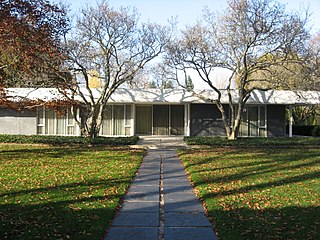A Quote by Owen Jones
In the 1920s prohibition in the US notoriously failed to tackle alcohol use, led to lethal forms of liquor entering the black market, fuelled organised crime and its associated violence, and wasted public money.
Related Quotes
There is no evidence to show that prohibition has ever had its intended impact. Of course, just as banning beef has reduced beef consumption, banning alcohol will lead to reduced alcohol consumption. But, there appears to be little or no correlation between, say, domestic violence or household impoverishment and prohibition.
When Prohibition was introduced, I hoped that it would be widely supported by public opinion and the day would soon come when the evil effects of alcohol would be recognised. I have slowly and reluctantly come to believe that this has not been the result. Instead, drinking has generally increased; the speakeasy has replaced the saloon; a vast army of lawbreakers has appeared; many of our best citizens have openly ignored Prohibition; respect for the law has been greatly lessened; and crime has increased to a level never seen before.
I'm questioning it. We're trying to get a lot of money for health and education and I'm wondering... You look at these gangs, and I look back at Prohibition. When we didn't allow alcohol, what did we have? We had gangs. We had big gangs. It's something that needs to be discussed a little more. It's an economic issue and a violence issue.

